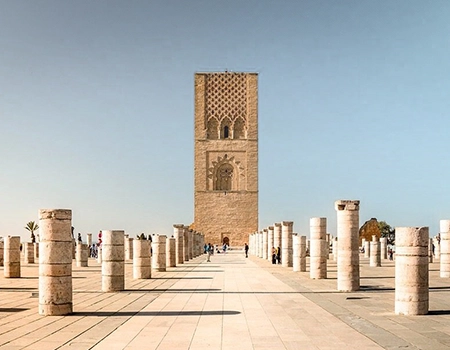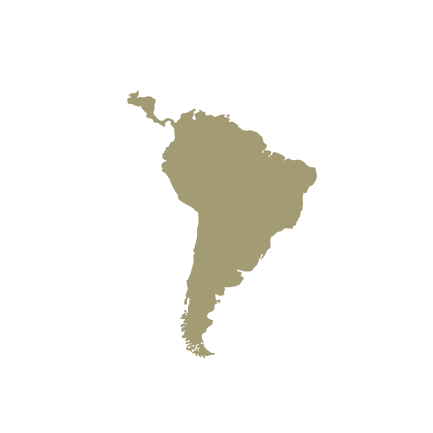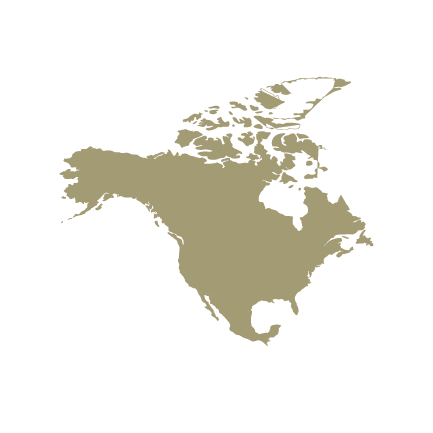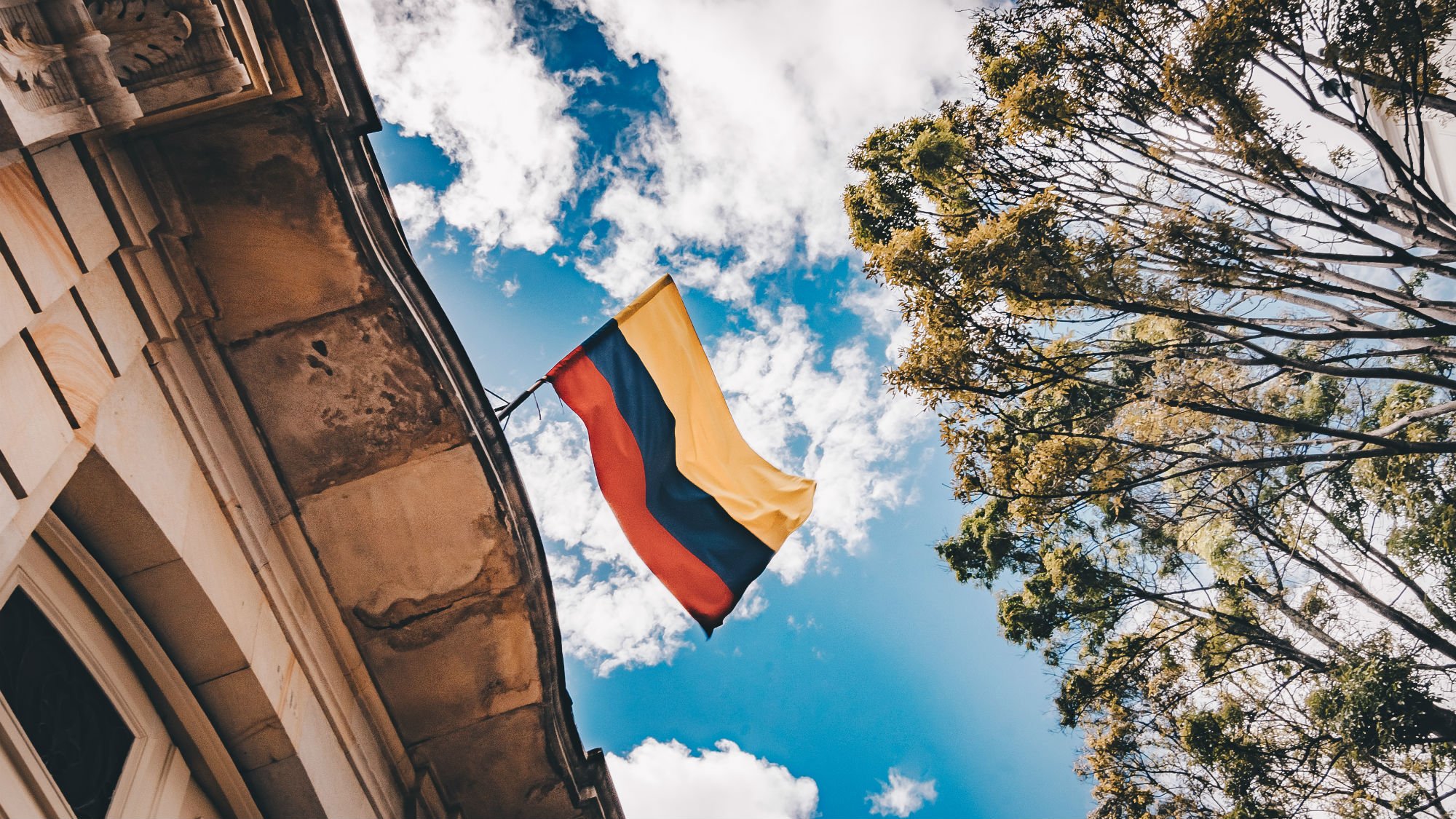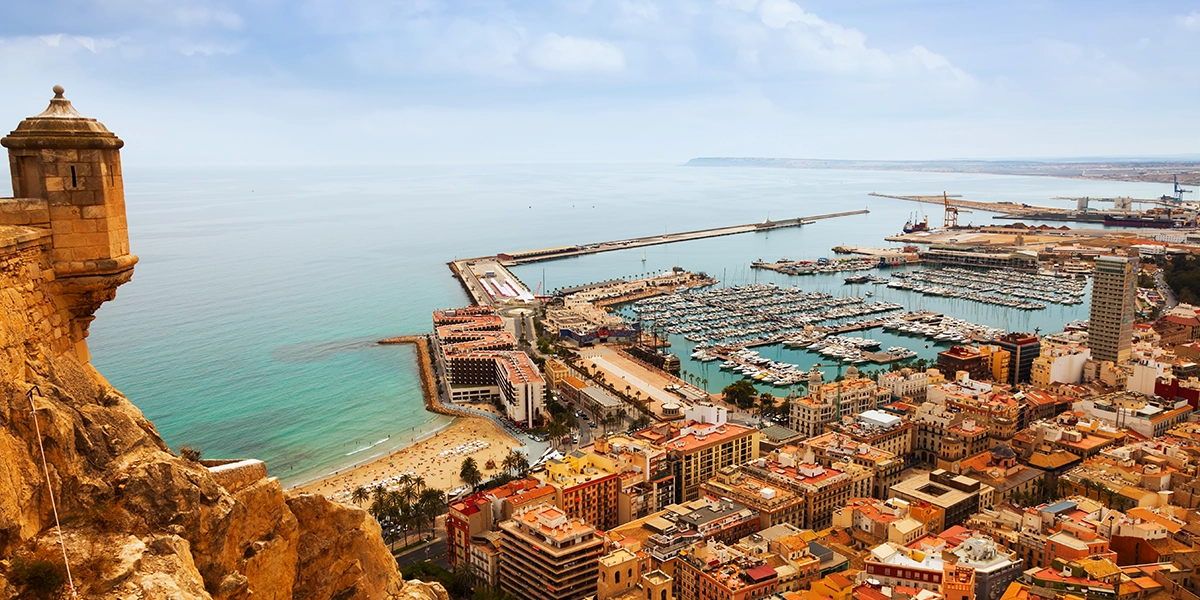Learning

 Beyond
Beyond
 Borders
Borders
Transformative Educational Travel Experiences
explore our sample programs
OUT OF THE CLASSROOM, INTO THE WORLD
Our travel programs immerse students in diverse communities, enlightening them through real-world experiences, carefully designed curriculum and contact with global perspectives.
%202.jpg)
craft my educational program
GET A TAILOR-MADE
JOURNEY IN 4 SIMPLE STEPS
-
1. Explore & Reach out
Click 'Craft my journey' in the menu for a personalized draft itinerary based on your preferences and ideas.
-
2. give us a moment
Within 72 hours, we'll provide an initial proposal matching your vision. We'll further customize the study abroad program to meet your needs and objectives.
-
3. we design & refine your travel program
After your review, we'll schedule a meeting to consider your input. Subsequently, we'll create a final proposal with pricing information.
-
4. get ready as we bring your dream to life
The team handles logistics, risk management plans, field educators, and custom curriculum. Pre-departure support includes meetings, registration, and information sessions.
We are educational pioneers
WE BELIEVE IN THE TRANSFORMATIONAL POWER OF YOUTH
Our mission is to expand young minds and open new worlds. Travel grounded in empathy, understanding, and respect promotes peace. Let's prepare the youth to change the world.
+12,000
Students
+90,000 KM
traveled
11 years
of experience
32 countries
visited
select your journey preference
discover all the educational travel experiences we've already designed
travel by
Embrace a summer of global exploration. From sunny beaches to charming cities, each destination is a new adventure.
Coming soon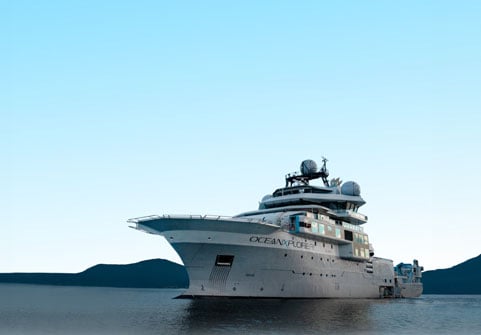
Meet our partners
Together, we are preparing the youth to change the world








voices of our students
TRANSFORMATIVE TRAVEL
EXPERIENCES in THEIR WORDS
Envoys Field Staff provides a safe and welcoming space where everyone is included and can share their thoughts. They gave us connections and a native perspective.
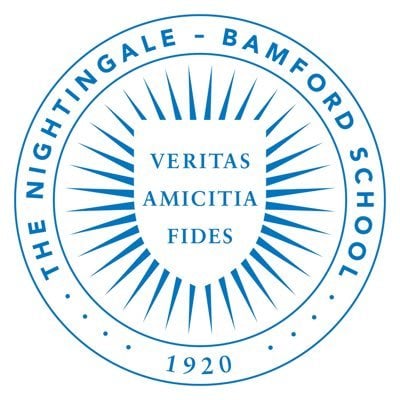
Lily
Student
Nightingale Bamford School
Arizona, 2023
Envoys made this trip different than a trip I would take with family and friends. The opportunities to have a local tour guide and visit non-touristy destinations like NGOs made the trip very unique and set it apart.

Ethan
Student
Sage Hill School
Netherlands
Envoys provided great tour guides! They were so fun and engaging. We were all so organized and nothing was stressful. I only had to focus on the experience and learning.
.png)
Chelsea
Student
Phillips Andover
Massachusetts
Envoys provided organizational and logistical support for the travel and food aspects of the trip. They helped instruct us and keep us going, which was sometimes difficult, as we were tired after all the activities we had done! They truly worked to make it a great experience.
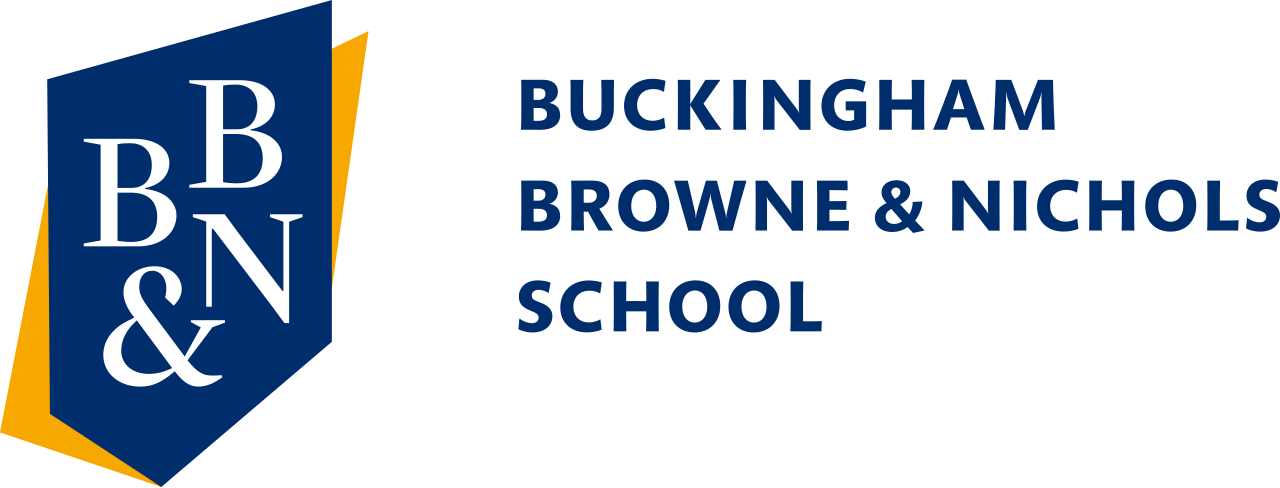
Salar
Student
Buckingham, Browne & Nichols
Oman & UAE
The Envoy staff in Spain were incredible...The entire group won our trust quickly and collaborated well with us as the faculty. It was an incredible team.
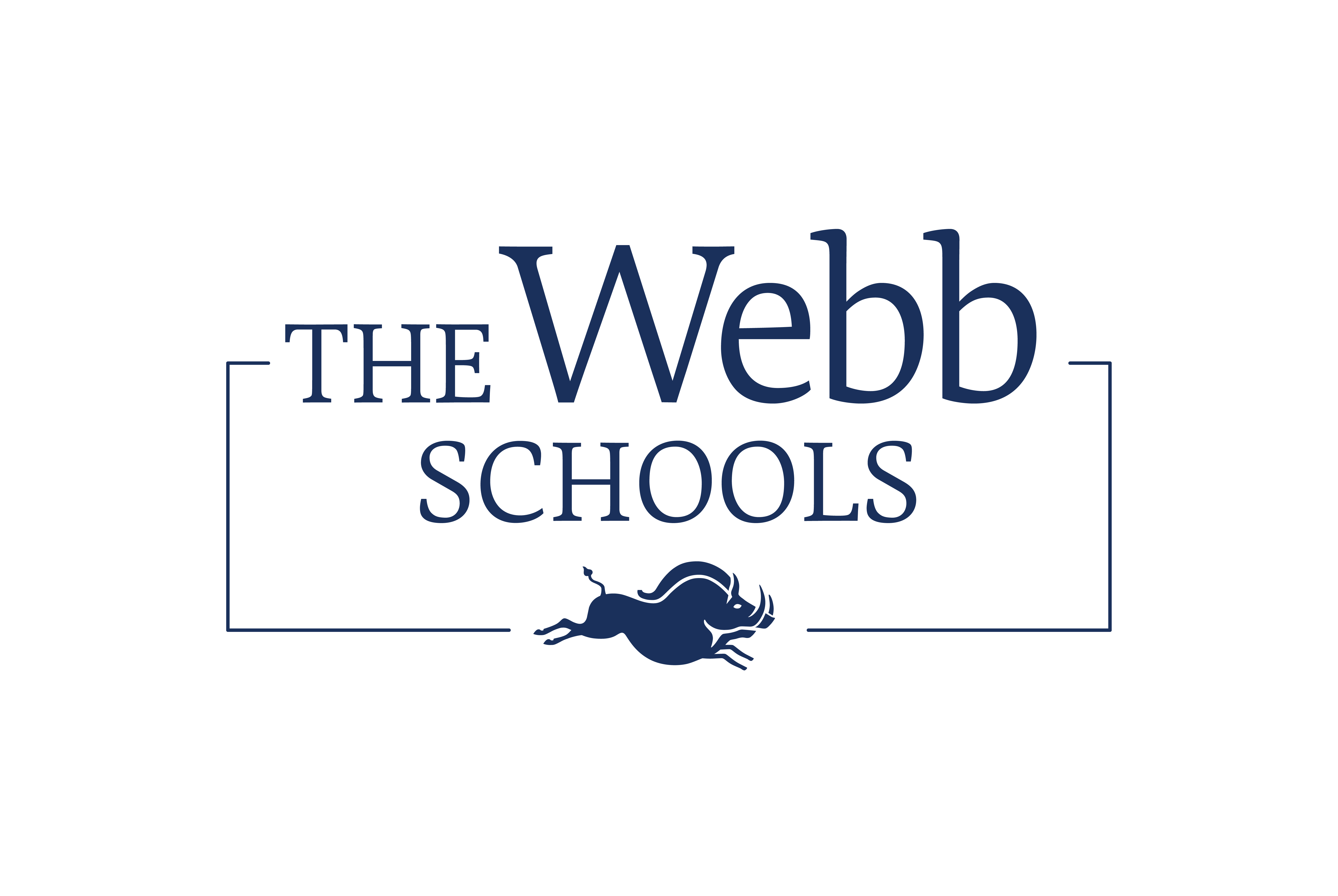
Theresa
Faculty
Webb Schools
Spain
This was an amazing trip! An experience that we will probably not be able to replicate again. Thank you, Envoys, for all the logistics and prep work that allowed the trip to come together."
.png)
Yasimine
Faculty
Phillips Academy Andover
Puerto Rico
let us clear any
doubts you might have
At Envoys, we work to unite and educators from around the world to explore issues of global significance.
What does it mean that Envoys is a Public Benefit Corporation?
Envoys is a Public Benefit Corporation that creates lasting social, environmental, and public good through responsible and sustainable operations. Beyond the traditional corporation model, which prioritizes maximizing shareholder value, Envoys stands apart by reconciling the interests of all stakeholders, including our staff, schools, students, and community worldwide. Our commitment extends beyond business success to advancing our core public benefit mission, ensuring a positive impact on society and the environment. We welcome a new era of corporate, where progress and purpose go hand in hand.
What competence does Envoys Field Staff have?
Career educators who are experts in teaching in classrooms without walls. Lifelong learners who model global competencies. Trained in first aid, wilderness first aid, and emotional first aid. Passionate about their work and the subject content of our programs.
What makes Envoys unique?
We're dedicated to supporting our partners every step of the way. Whatever they need, we'll make our best to make it happen. From customized programs to quick responses, count on us to run the best travel educational programs.
How does Envoys manages Health, Safety and Security?
While no one can guarantee freedom from harm, including illness injury or accident, health, safety, and security are top priorities.
Our programs are designed with a focus on health, safety, and security
Our team monitors and updates systems and protocols to ensure participant well-being
We facilitate safety and security through:
- Thoughtful selection of accommodations
- Rigorous vetting of local partners
- Careful recruitment and training of field staff
- Comprehensive emergency response and risk management plans
- 24/7 Envoys Headquarters support
Does Envoys provide any visa or passport services?
Envoys’ pricing does not include visa or passport services. Services may be available upon request.
Inspiration


